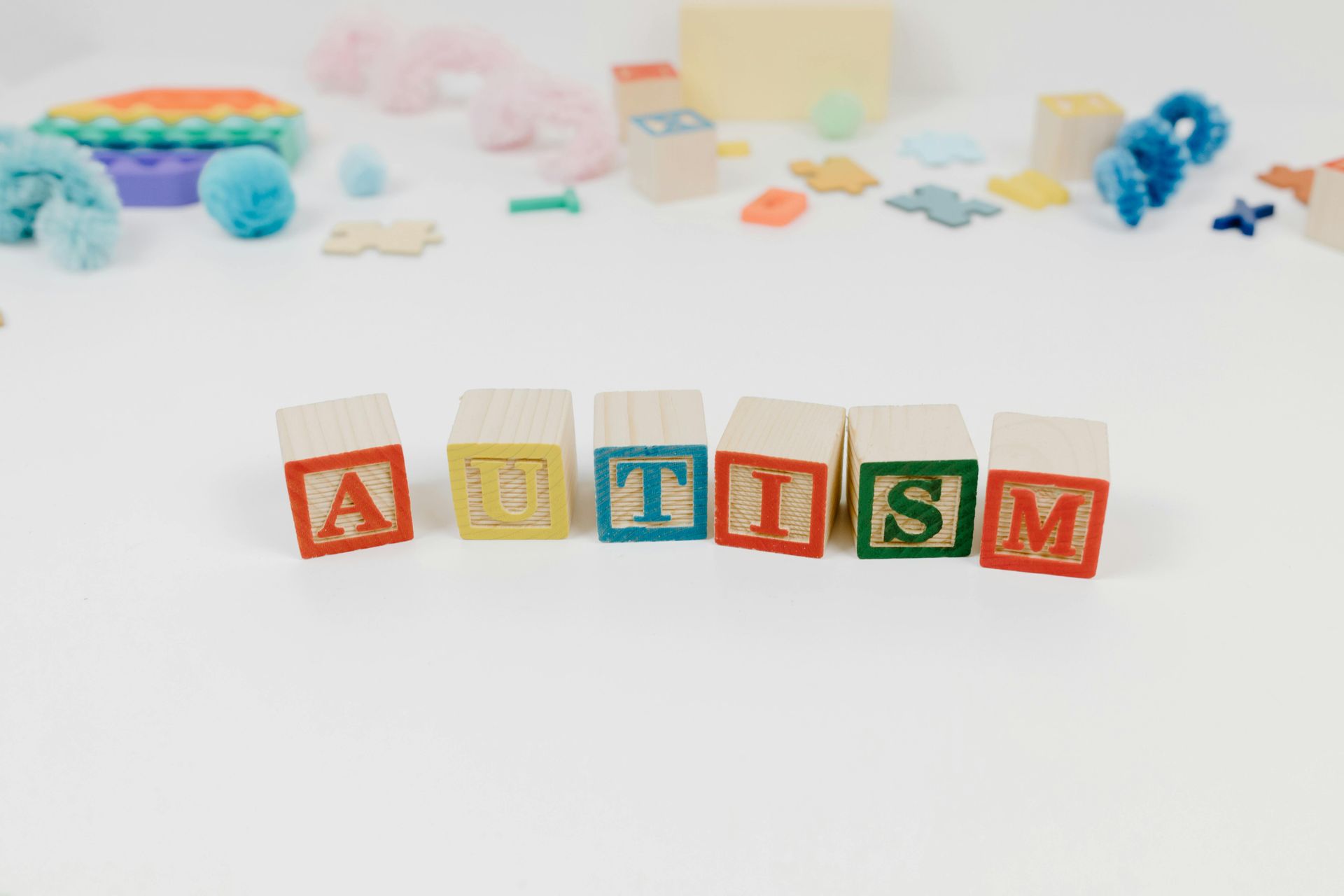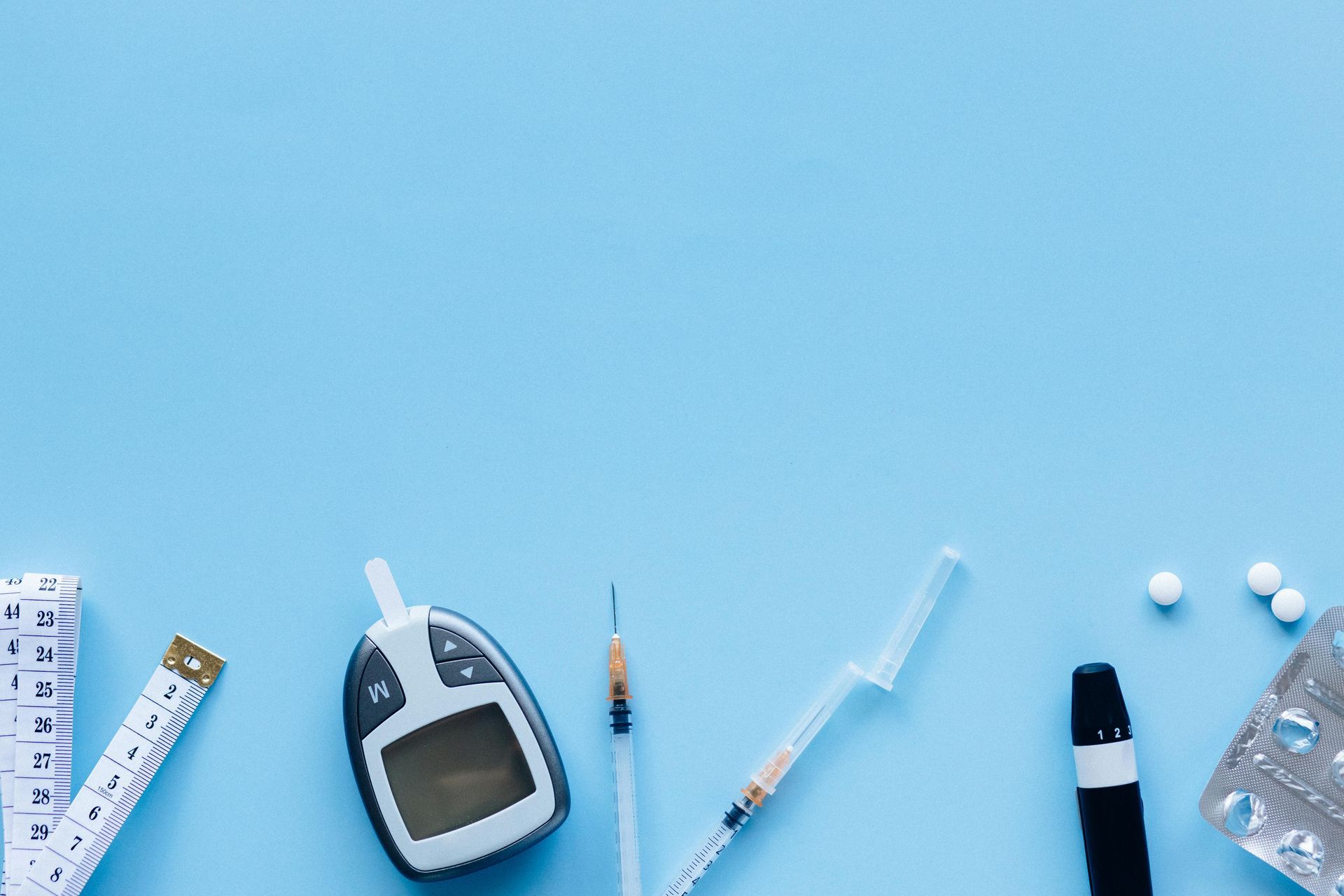Trauma is a deeply distressing or disturbing experience that can leave lasting effects on an individual’s mental, emotional, and physical well-being. Whether it stems from childhood adversity, abuse, a sudden accident, or loss, trauma affects millions of people every year.
However, many may not even recognize that they are experiencing trauma, which can delay or prevent them from seeking the treatment they need.
In this article, we’ll explore:
- What is trauma?
- How to recognize the signs of trauma
- Why treatment is important
- Steps you can take to begin healing
What Is Trauma?
At its core, trauma is the body’s response to any event that it perceives as threatening or harmful. This response can be triggered by a range of events, such as:
- Physical, emotional, or sexual abuse
- Accidents or life-threatening events
- Witnessing violence
- Loss of a loved one
- Natural disasters
While trauma can result from a one-time event, it can also develop over time due to repeated exposure to distressing experiences, as seen in cases of chronic abuse or neglect. Trauma affects everyone differently, and not all individuals who experience a traumatic event will develop trauma-related symptoms. However, when these symptoms do emerge, they can be pervasive, affecting every aspect of life.
Recognizing the Signs of Trauma
The effects of trauma can manifest in various ways, often in both physical and emotional symptoms. Recognizing these signs is essential for taking the first step toward recovery. Some common signs of trauma include:
Emotional Signs
- Anxiety and Panic Attacks: Constant worry, racing thoughts, and intense fear or dread can be ongoing effects of trauma.
- Emotional Numbness or Detachment: Trauma survivors may disconnect from their emotions, feel detached from loved ones, or have trouble experiencing joy or pleasure.
- Mood Swings: Extreme or sudden shifts in mood, from happiness to anger or sadness, can occur without obvious cause.
- Guilt and Shame: People with trauma may feel guilt, even if they did nothing wrong, and may experience a sense of shame about their reactions to events.
Physical Signs
- Chronic Fatigue or Sleep Problems: Sleep disturbances, including insomnia, nightmares, or sleeping excessively, are common.
- Headaches and Body Aches: Trauma can trigger physical symptoms such as tension headaches, unexplained body pains, and muscle tightness.
- Digestive Issues: Many people experience gut-related problems such as nausea, indigestion, or loss of appetite due to trauma’s effects on the nervous system.
Behavioral Signs
- Avoidance Behaviors: Avoiding places, people, or situations that remind you of the traumatic event is a classic symptom of trauma. This avoidance can extend to everyday activities, making it hard to function normally.
- Hypervigilance: Feeling constantly "on edge," easily startled, or unusually alert to potential threats is a common behavioral response to trauma.
- Self-Destructive Behavior: Some may turn to alcohol, drugs, or reckless behavior as a way to cope with the overwhelming feelings trauma causes.
Why Treatment Is Important
Trauma, when left untreated, can have long-term consequences, leading to severe mental health conditions like depression, anxiety disorders, post-traumatic stress disorder (PTSD), and even physical health problems such as cardiovascular disease.
Seeking treatment for trauma is not only about addressing the immediate symptoms but also about improving overall quality of life. Recovery from trauma can help restore a sense of safety, trust, and control, which are often disrupted by traumatic events.
Steps to Begin Healing
If you recognize some of these signs in yourself or a loved one, know that help is available, and recovery is possible. Here are some steps you can take toward healing:
1. Seek Professional Help
A mental health professional specializing in trauma can provide invaluable support. They will help you process the traumatic event, develop coping strategies, and guide you through evidence-based treatments such as:
- Cognitive Behavioral Therapy (CBT): This therapy helps individuals reframe negative thought patterns that are often rooted in trauma.
- Eye Movement Desensitization and Reprocessing (EMDR): This structured therapy helps individuals process trauma by focusing on the memory while engaging in bilateral stimulation (e.g., moving the eyes side to side).
- Trauma-Focused Therapy: This form of therapy focuses specifically on the impact of trauma and is designed to help individuals safely work through traumatic experiences.
2. Build a Support System
Trauma can make individuals feel isolated or alone in their experiences. Building or reconnecting with a support network—family, friends, support groups—can make a significant difference in the healing process. Sharing your story with others who understand what you’re going through is often therapeutic in itself.
3. Practice Self-Care
Self-care practices are an essential part of healing from trauma. Activities like regular exercise, healthy eating, meditation, and journaling can help restore a sense of calm and provide an emotional outlet for difficult feelings.
4. Be Patient with Yourself
Healing from trauma is a journey, not a sprint. It takes time, and progress may not always be linear. It’s important to give yourself grace and space to heal at your own pace.
Conclusion: You Are Not Alone
Trauma can feel overwhelming, but recognizing the signs and seeking treatment are the first steps toward recovery. There is no shame in seeking help, and no one should have to face trauma alone.
If you or someone you know is struggling with trauma, don’t hesitate to reach out for support. Visit us www.globalhandsinc.com for more information on how you can begin your journey to healing.










